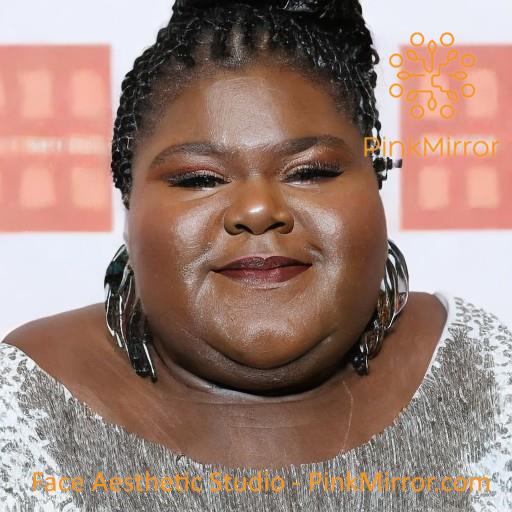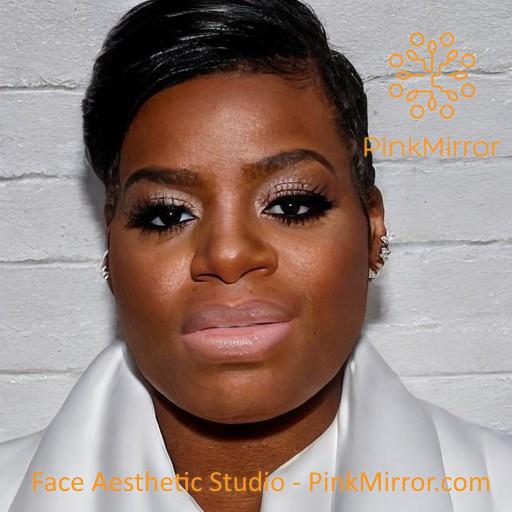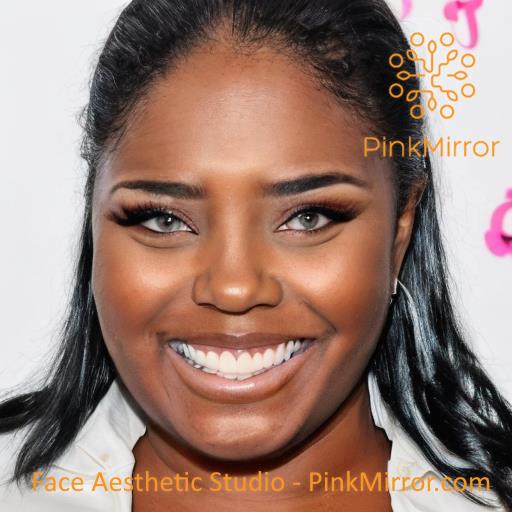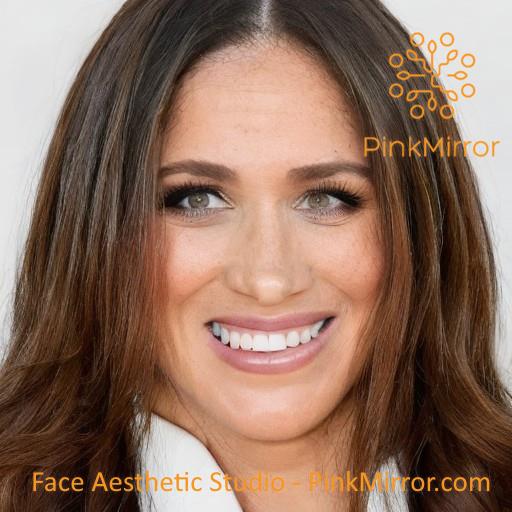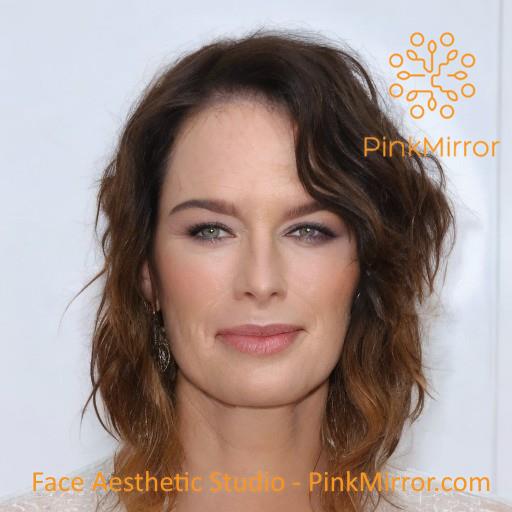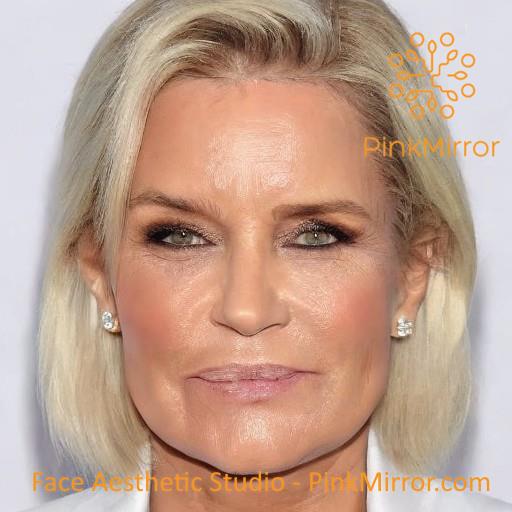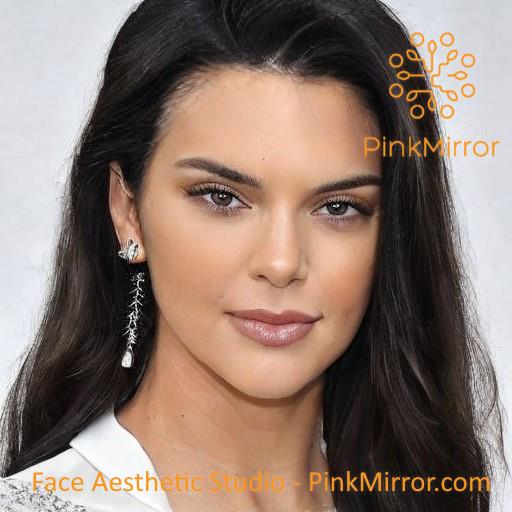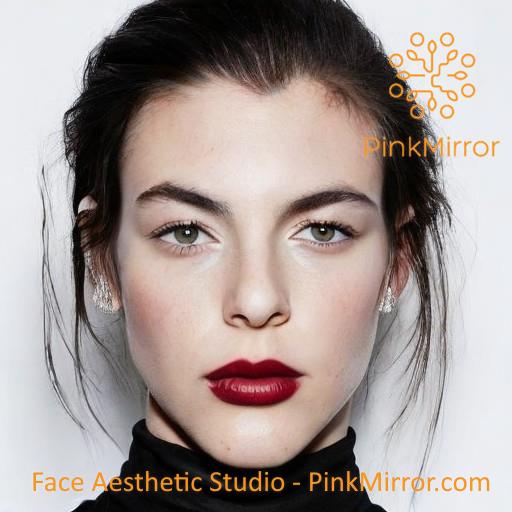Skai Jackson - Facial Feature - Bi Temporal To Bi Zygomatic Ratio
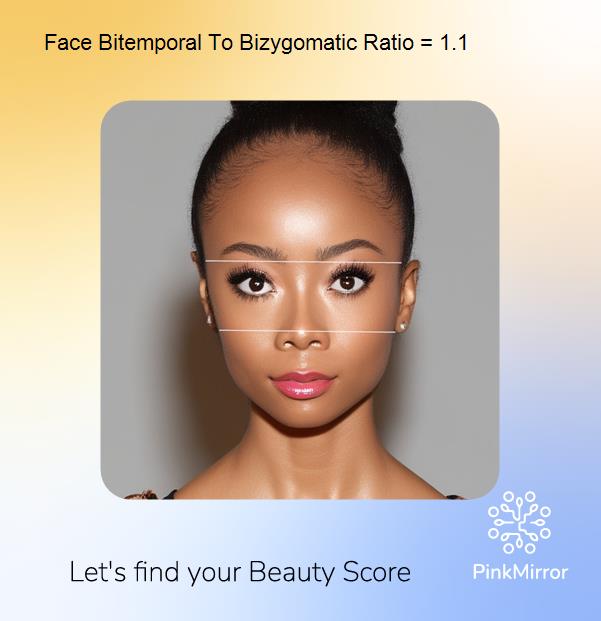
Your face falls into the large bitemporal-to-bizygomatic-ratio category, which is considered a high attractiveness among the five female face bitemporal-to-bizygomatic-ratio types. That’s often seen as very appealing by current standards. Here’s how each category is generally perceived: smallest – low attractiveness, small – medium attractiveness, average – medium attractiveness, large – high attractiveness, largest – high attractiveness.
- Most Attractive
- Least Attractive
- Your Score
Why is a larger Bi-temporal width in comparison with Bi-Zygomatic width attractive?
Bitemporal width is measured from the most lateral points on each side of the forehead, while bi-zygomatic width is defined as the distance between the most laterally positioned points on the zygomatic arches. A larger bi-temporal width in comparison to bi-zygomatic width is considered attractive among females. According to a study, an unattractive face often features a round lower face, stretched chin region, and compressed eye and eyebrow regions. It was also found that a high amount of facial fat is often associated with a high body fat proportion, making the average masculine body shape with greater muscle mass more attractive to women, while a high body fat proportion is deemed least attractive. Attractive facial shapes are longer and more dolichocephalic, featuring a narrower lower jaw and a wider, fuller lower lip. Additionally, another study found that faces with shorter width are perceived as more trustworthy. Thus, a larger bi-temporal width compared to bi-zygomatic width contributes to attractiveness, trustworthiness, and the perception of a healthier body shape among females.
Read the detailed study with exact scientific references
Choose a recommendation and track your weekly progress:
Cautionary Note: It's important to note that each individual's skin is unique and may respond differently to various treatments. Always conduct a patch test when trying new products or ingredients, and consider consulting a dermatologist before beginning any advanced treatments.
Celebrities with small face bitemporal to bizygomatic ratio
Celebrities with average face bitemporal to bizygomatic ratio
Celebrities with large face bitemporal to bizygomatic ratio


